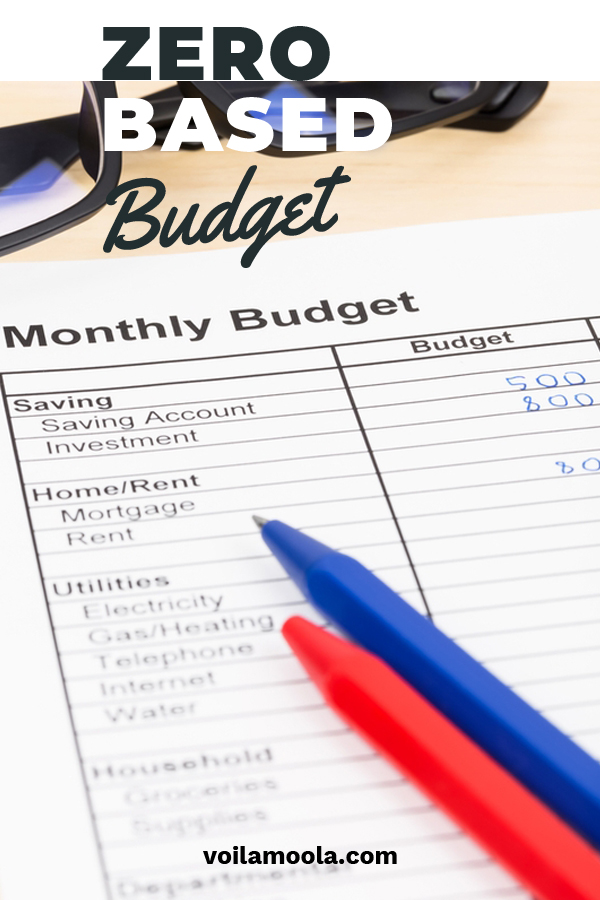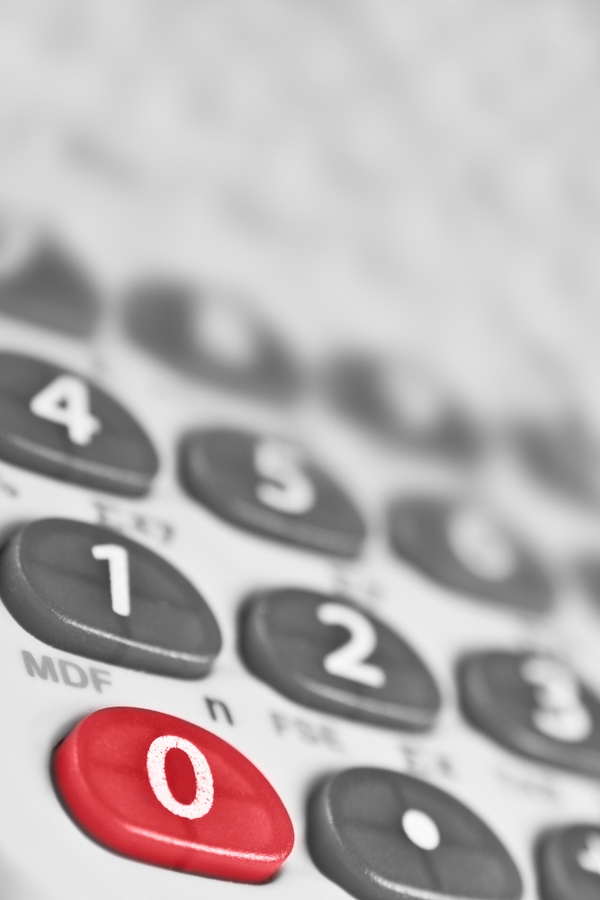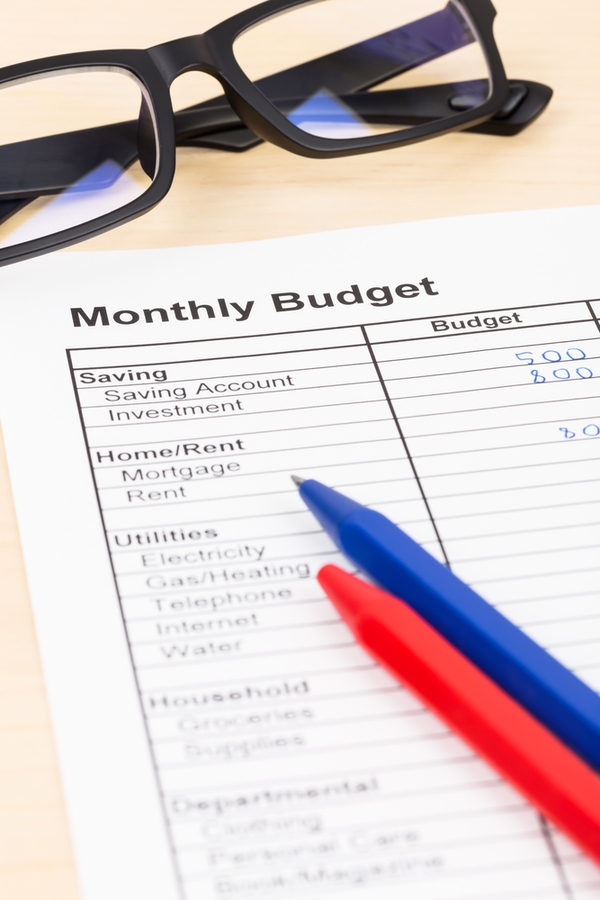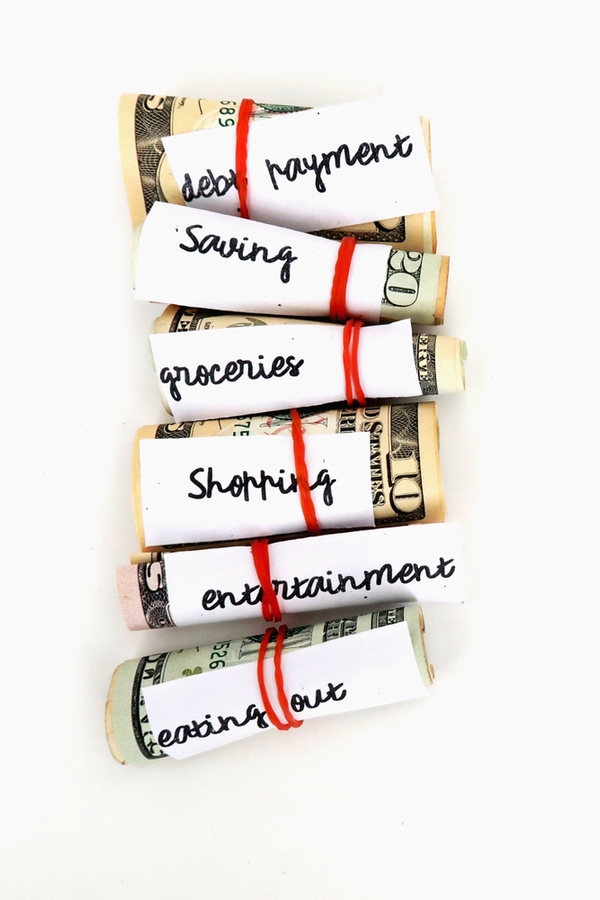If you’re trying to live by a budget but haven’t nailed down what sort of budget works best for you, time to consider a zero based budget. Rather than just keeping track of your income and expenditures, this particular budget helps you budget with a purpose. Would you like to know more? Keep reading!

Zero Based Budget Tips
Although this type of budget actually encourages users to allocate every penny of their income, it doesn’t mean spend every penny. The main idea behind it is that every cent has a purpose!

How Does A Zero Budget Work?
For a zero based or zero sum budget to work, you must allocate every penny of your monthly income to paying down debt, savings, and regular expenses. By the end of the month, your income minus all of your expenditures must equal zero.

Getting Started
To set up an effective zero sum budget, you must know exactly what your income is. Then you should track your income for a month or two so you know exactly how much you spend. This helps you know where you can adjust your spending if necessary.
Set up your expense categories. You could name them necessaries, savings, debt or travel fund. As a general rule, about 50% of your income goes to necessary expenditures, 30% for wants like travel, and 20% for savings and debt repayment.

Effects Of Budgeting to Zero
Budgeting to zero lets you keep tighter control of your money. You will know exactly what comes in and where it goes. It’s also really easy to set it up to fit your own needs and financial goals.
Be aware that it takes more of your time to set up and run a zero sum budget from month to month. And you need to be consistent as well as dedicated about keeping your spending habits in check.
It can be tricky to allocate for variable expenses or those last minute needs, but it can be done. Set aside money for unknowns, and if you don’t use it you can add it to debt payments or savings to bring your final budget to zero.

Leave a Reply